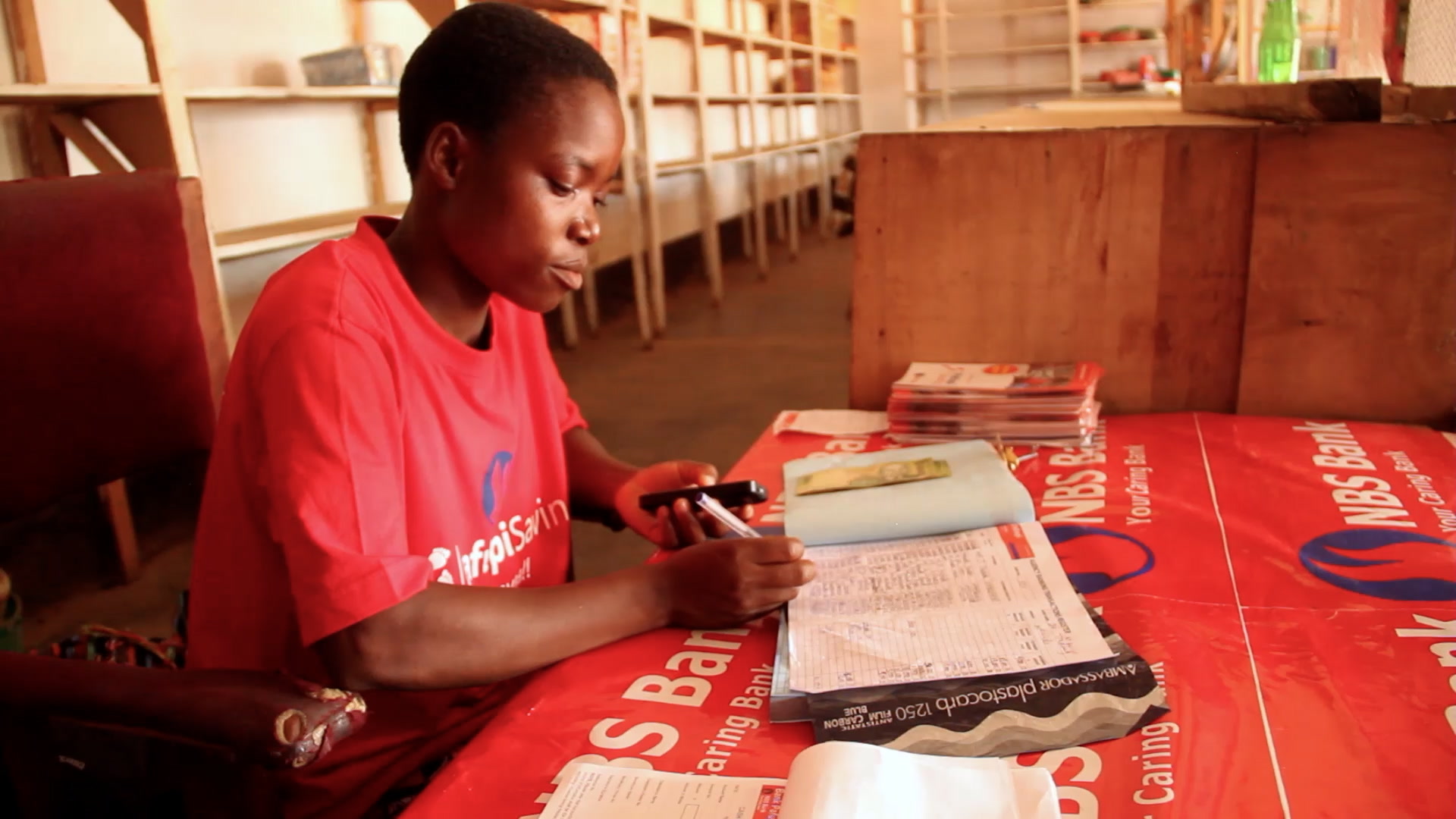How can we unlock finance to fight climate change?


Get involved with our crowdsourced digital platform to deliver impact at scale
Stay up to date:
Banking and Capital Markets
In a series of blog posts curated by the World Economic Forum’s Climate Change Initiatives, a number of leading voices will present their perspectives on climate change. Contributions are linked to the Forum’s Green Growth Action Alliance project and the Forum’s Global Agenda Council on Climate Change. In the following post, Christiana Figueres, Executive Secretary of the United Nations Framework Convention on Climate Change, shares her perspective on climate change.
In the past few years we have learned valuable lessons about climate change. We have learned that the changes we need to make for a sustainable future will not come from the top down, or the bottom up, but by efforts that reinforce each other.
Fundamental to this is finance. For instance, while global investment in renewable power and fuels increased 17% to a new record of US$ 257 billion in 2011, the International Energy Agency recently reported it would actually require an additional US$ 36 trillion of clean energy investments by 2050.
These efforts require new types of partnerships between the public and private sectors to guarantee increasing investments to promote a low-emission, highly resilient future. That is why I am pleased to announce a partnership between the United Nations Climate Change secretariat and the World Economic Forum under Momentum for Change: Innovative Financing for Climate-friendly Investment.
Building on the larger Momentum for Change initiative launched at last year’s United Nations Climate Change Conference in Durban, South Africa, Momentum for Change: Innovative Financing for Climate-friendly Investment will showcase successful public-private financing mechanisms delivering climate-friendly investment. The goal of the initiative is to inform governments and the private finance community about practical examples of collaborations already being implemented to enable a global shift to environmentally and economically sustainable growth.
More and more, big companies and global institutional investors recognize that climate change is both a medium and long-term risk and opportunity. As a result, they are disclosing and reducing their own carbon emissions, and designing mitigation and adaptation strategies because they have an impact on the bottom line.
However, there is a still a great amount of work to do to get to the low-carbon tipping point. To get there, we must use public funds to leverage private investments and reduce risks to unleash a wave of climate-friendly investments in developing countries. We also must encourage new thinking on climate-related long-term debt financing to attract more large institutional investors, as well as send much clearer signals about a price for carbon.
If you are in Doha attending COP 18/CMP 8, I invite you to join us for the launch event of Momentum for Change: Innovative Financing for Climate-friendly Investment. It will be the first step in a path to recognize efforts to finance low-emission activities and, hopefully, encourage even more action to address climate change.
Author: Christiana Figueres is the Executive Secretary of the United Nations Framework Convention on Climate Change
Image: Solar pannels are seen on a bioclimatic house next to windmills in Spain REUTERS/Santiago Ferrero
Don't miss any update on this topic
Create a free account and access your personalized content collection with our latest publications and analyses.
License and Republishing
World Economic Forum articles may be republished in accordance with the Creative Commons Attribution-NonCommercial-NoDerivatives 4.0 International Public License, and in accordance with our Terms of Use.
The views expressed in this article are those of the author alone and not the World Economic Forum.
The Agenda Weekly
A weekly update of the most important issues driving the global agenda
You can unsubscribe at any time using the link in our emails. For more details, review our privacy policy.
More on Banking and Capital MarketsSee all
Efrem Garlando
April 16, 2024
John Hope Bryant
April 11, 2024
Alexandre Raffoul and Kai Keller
April 10, 2024
Alex Edmans
April 4, 2024
Victoria Masterson
March 28, 2024






